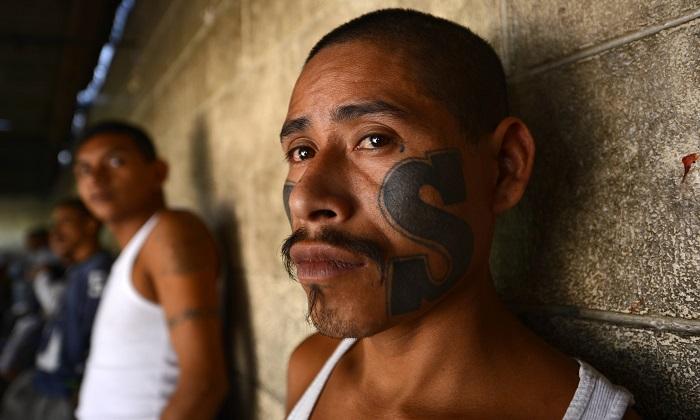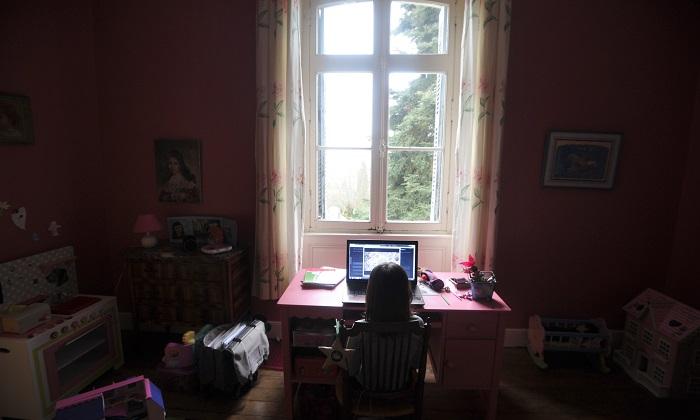The Malaysian government’s new Peaceful Assembly Bill has been condemned by critics as not being in the public interest and of crippling justifiable expressions of protest.
The government led by Prime Minister Najib Tun Razak has defended the proposed law as guaranteeing the right of Malaysians to assemble, while intimating that the bill is aimed at ensuring national security and public order.
Groups opposing the proposed bill, however, are worried that if passed, it would effectively outlaw street rallies by making the conditions too onerous.
“In its present form, the bill is more restrictive than the present law, and must be improved,” said Lim Chee Wee, president of the Malaysian Bar in a statement.
At first, the bill included a stipulation that groups must apply for a notice of assembly within 30 days of the proposed event. During the debate in Parliament on Sunday, it was lowered to 10 days.
“In fact, the phrase used was ‘within 30 days,’ it could be in 5 or 10 days but because the phrase created confusion, we decided to be more specific and fixed it to 10 days, so it’s clear now,” the president said at a press conference on Monday, according to the Malaysian National News Agency.
Groups still see the time limit as ridiculous as it stops any protests concerned with immediate issues.
The bill is also set to empower police to change the conditions and restrictions of the assembly including the date, time, and venue. Unlike the law it is replacing, the new law would prohibit anyone under 21 years old from organizing a demonstration and noncitizens would not have the right to assemble.
The police are also permitted to use the appropriate amount of force deemed necessary on anyone violating the rules as set forth. A maximum fine of 20,000 ringgit (about $6,260) can be imposed on offenders, but there is no minimum fine or jail term.
“This bill, like section 27 of the Police Act, vests wide powers in the police, who are empowered to impose restrictions and conditions, and to disperse assemblies and arrest participants,” says Lim.
“The police’s past consistent and atrocious conduct in suppressing assemblies shows that it is crucial that the police change their mindset and abandon the culture of impunity in managing freedom of assembly,” he said.
No assembly can be carried out within 50 meters (164 feet) from a comprehensive list of prohibited places.
Among a raft of concerns about the bill, Penang chief minister Lim Guan Eng told The Sun Daily, “The bill restricts people from gathering almost everywhere, from dams, reservoirs, water treatment plants, petrol stations, airports, public transport terminals, [and] bridges to places of worship and even schools and kindergartens.”
The bill would make it almost impossible to hold a rally in urban areas except in areas such as stadiums.
“This is not liberalization. This is further suppression and oppression, which restricts more civil freedom,” said chief Minister Lim Guan Eng.
To voice their disagreements, the bar council plans to hold a Walk for Freedom protest, which would take place on Tuesday, from the entrance of the Royal Lake Club to Parliament House, to deliver the bar’s proposed amendments to the Peaceful Assembly Bill to Datuk Liew Vui Keong, deputy minister in the prime minister’s department.
Datuk Seri Nazri Aziz, a minister in the prime minister’s department, told The Sun Daily that the bar council is not going to change anything. He said the bill that has been delivered to Parliament, will be debated and be passed on Tuesday.
With additional reporting by James Chow in Kuala Lumpur, Malaysia






